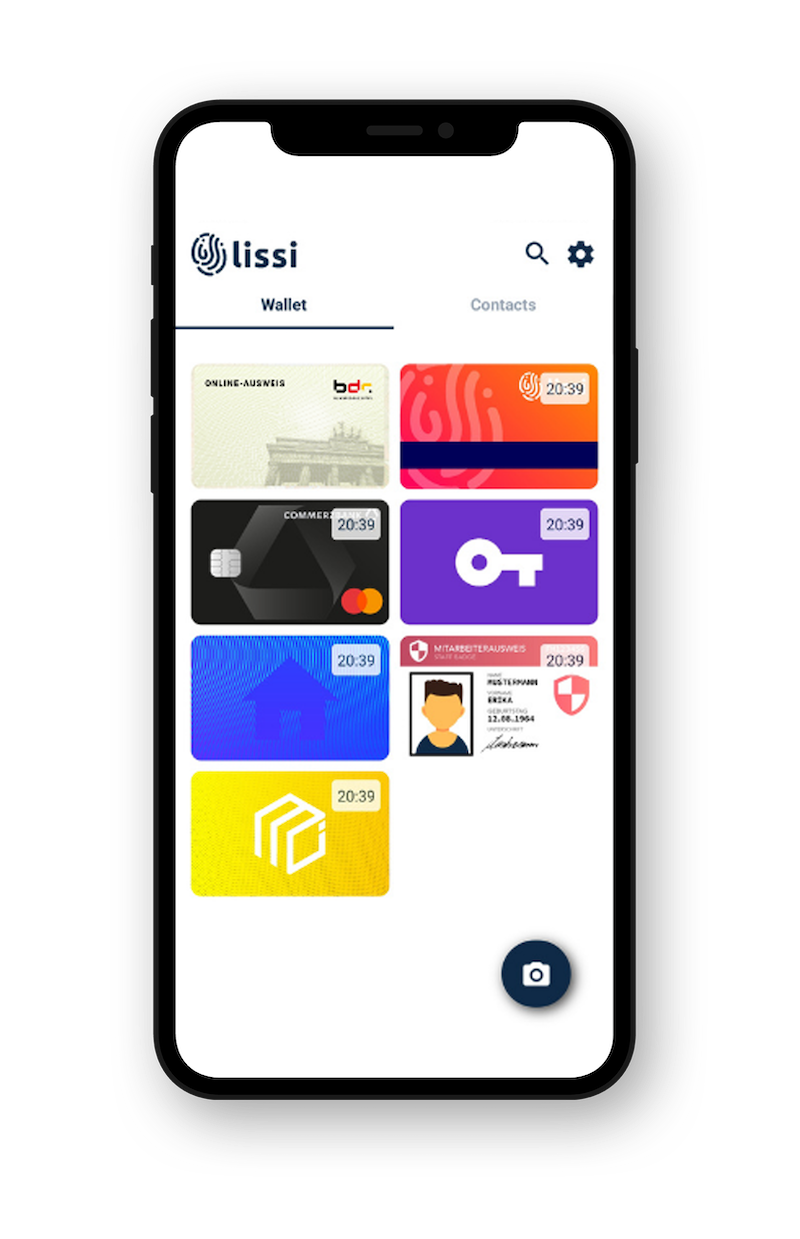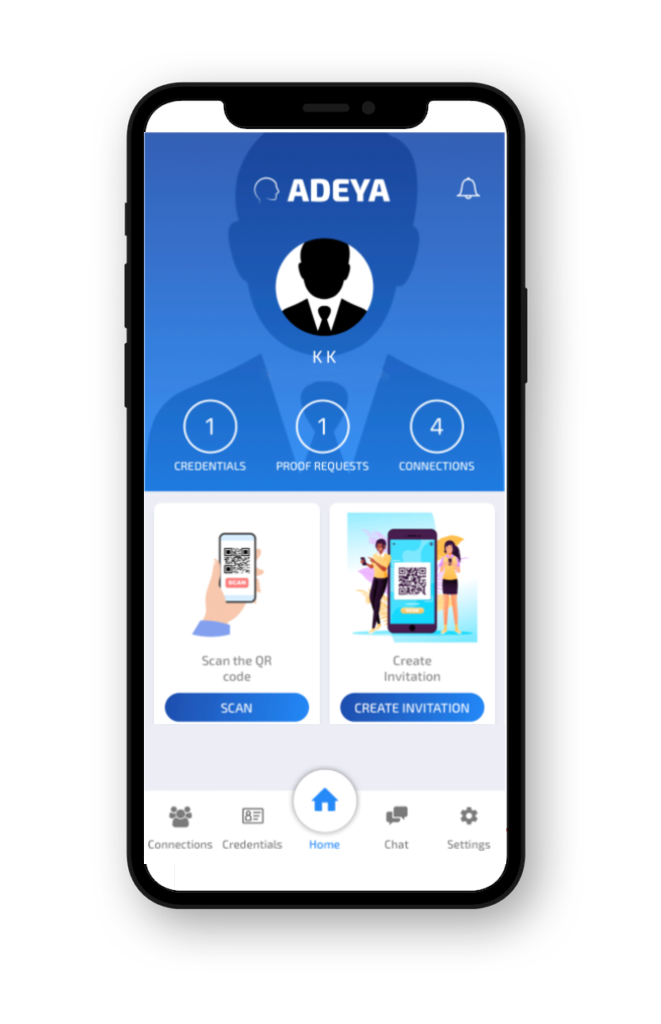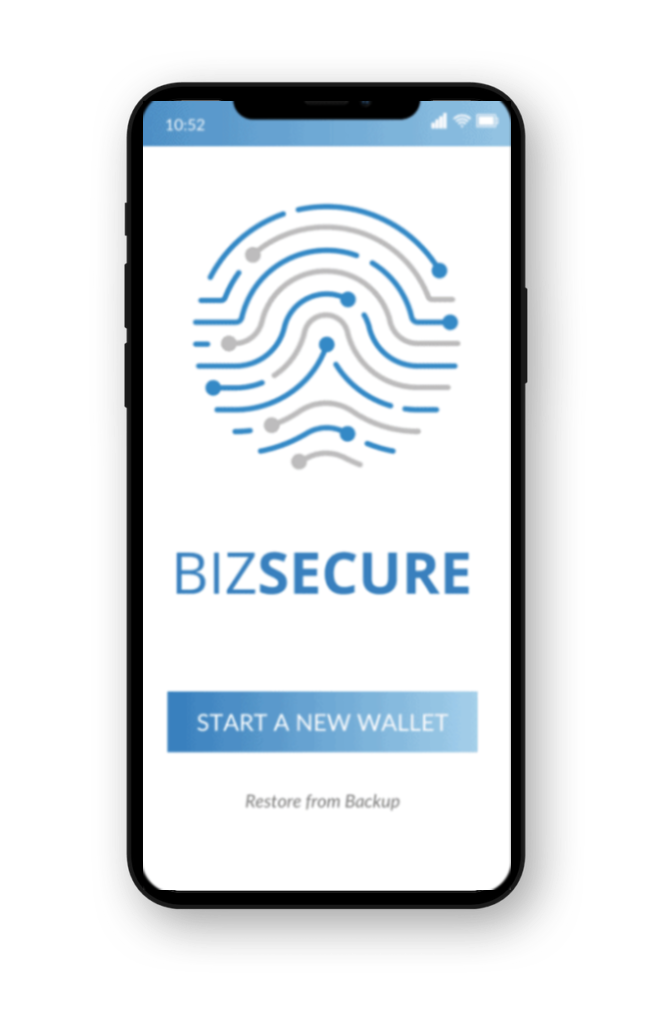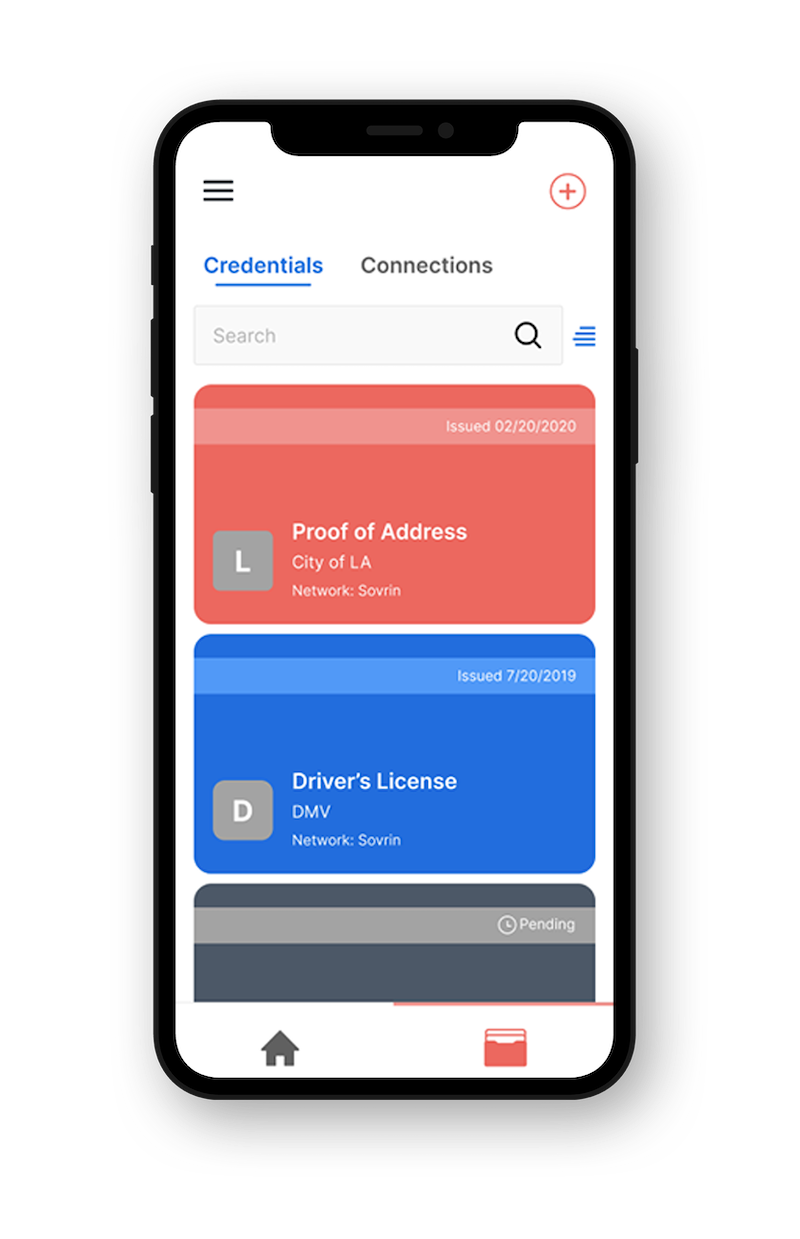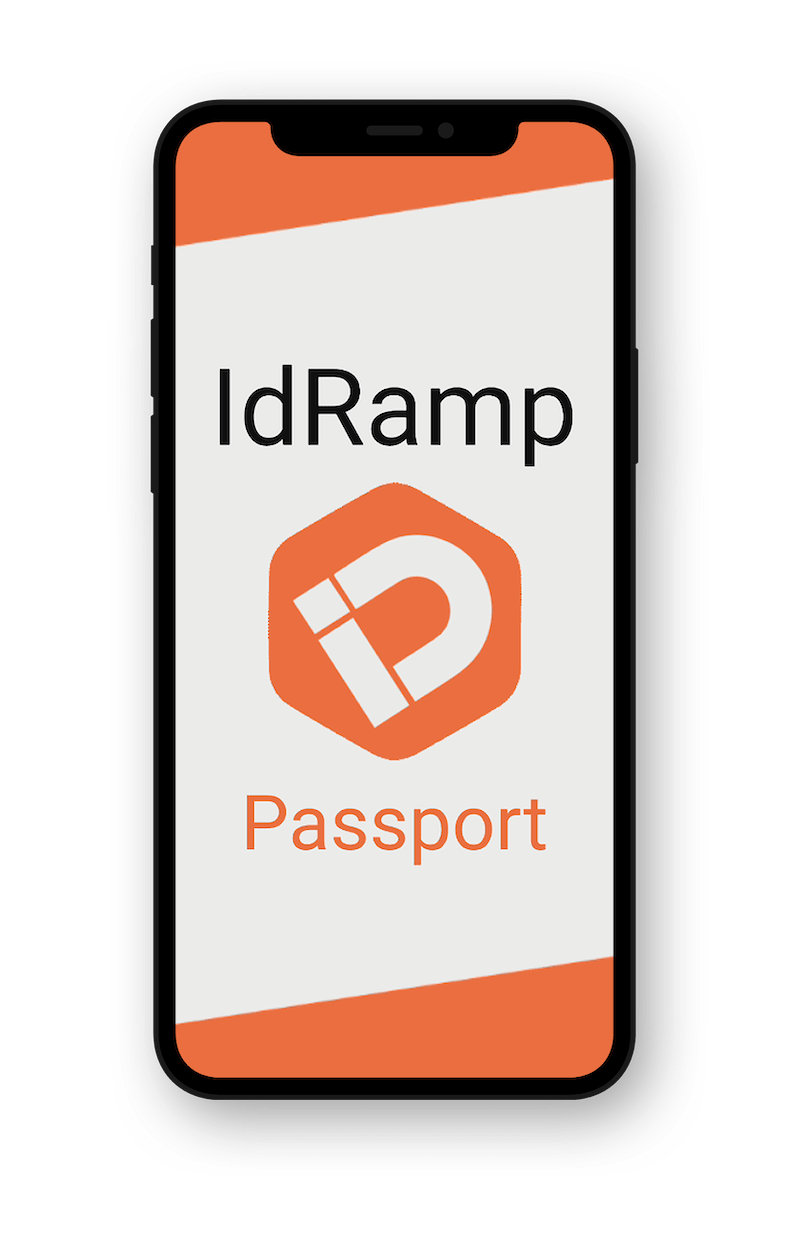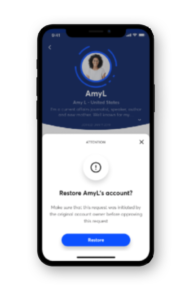A newbie learns about decentralized identity.
Hello world. I’m new to SSI, decentralized identity, online privacy, blockchain and nodes. Still, that’s not going to stop me from learning all about it. And the more I learn the more I want to share what I’ve found with my friends and family.
Here’s what I think about the current way identification is done online and offline.
- If I must open one more account making a username and password with another website, I will lose my mind. Even though I know by the end of today what choice will I have?
- I’ve worked in the digital advertising world for a long time so I know how valuable my data is.
- I hate getting carded at a bar or grocery store.
- I don’t like handing over my IDs to anyone particularly at an airport.
All these are situations many of us face and comply with without thinking of the consequences, or if there are even alternatives.
Luckily, there are alternatives and the technology is being rolled out. It’s just now a matter of time and adoption. Here are some of the ways this new technology will keep me (and maybe you) from going insane.
Opening accounts online
When I was job hunting, I had to create an account for every company I applied to. I ended up with over 30 different accounts, each with a different password, and a huge amount of my information now stored in each company’s database. What if I could have had one key, one QR code, one pass in my digital wallet that proved who I was and validated my information without me handing it over? The customer experience would be better, the trust stronger, and the speed at which I can apply increases.
Protecting my info
Does every company or organization I have to open an account with need my address? Need my phone number? Need a Social Security number? No.
Do I want to use my Google account (for example) to open new accounts on new sites and thereby let Google know where I go and where I spend money and time? No.
And between data breaches and regulation companies are increasingly realizing they don’t want the responsibility of holding onto all that information either.
Hacking is a fact of life. And the effects on the consumer are vast because of the amount of data we’ve turned over online. It’s not just my shopping habits anymore; it’s my DNA, my health records. It’s the data that identifies my sexuality. It’s my financial history. These are considerations I’d like to keep private. And if I need to be validated through any of this data, I want it to happen without actually handing over the information by using a digital tag that proves my personal details.
Touchless IDs
Ever felt nervous about handing over your ID to someone who walks away with it? I have. More pressing, are you nervous about handing over your physical ID as we need to practice social distancing? A verifiable ID in a digital wallet app can be scanned at a store, bar, airport, and by government officials. It removes the need to handle ID or worry that it won’t come back to you. It would also mean—and this will blow your mind—no longer waiting in line at the DMV!
So, as you can see (or read) there are a lot of benefits to moving to decentralized identity. It’s not so complex that we can’t understand it. And, fundamentally, it’s not so unreasonable for us to want to control our identity off and online. Indicio.tech is helping companies, organizations, and governments build these digital identities. If you want help with yours just drop us a line.

